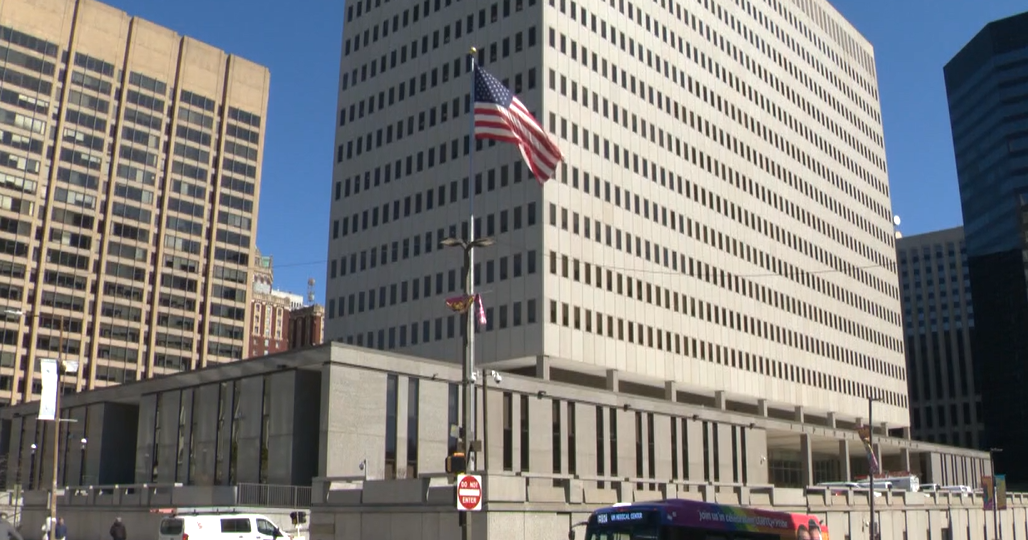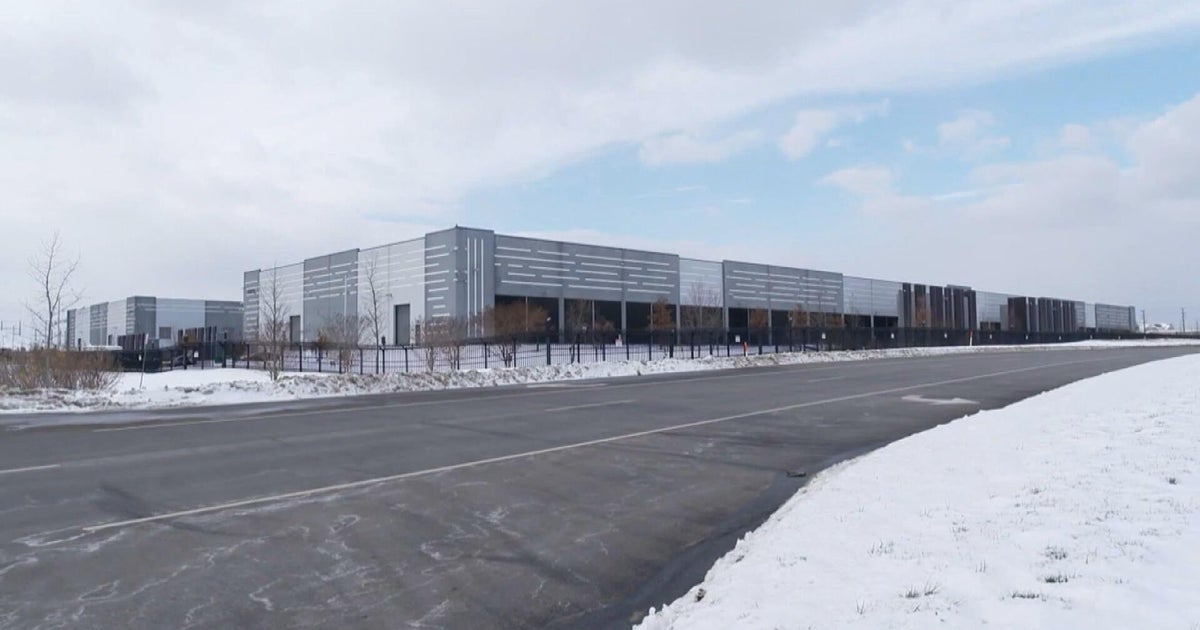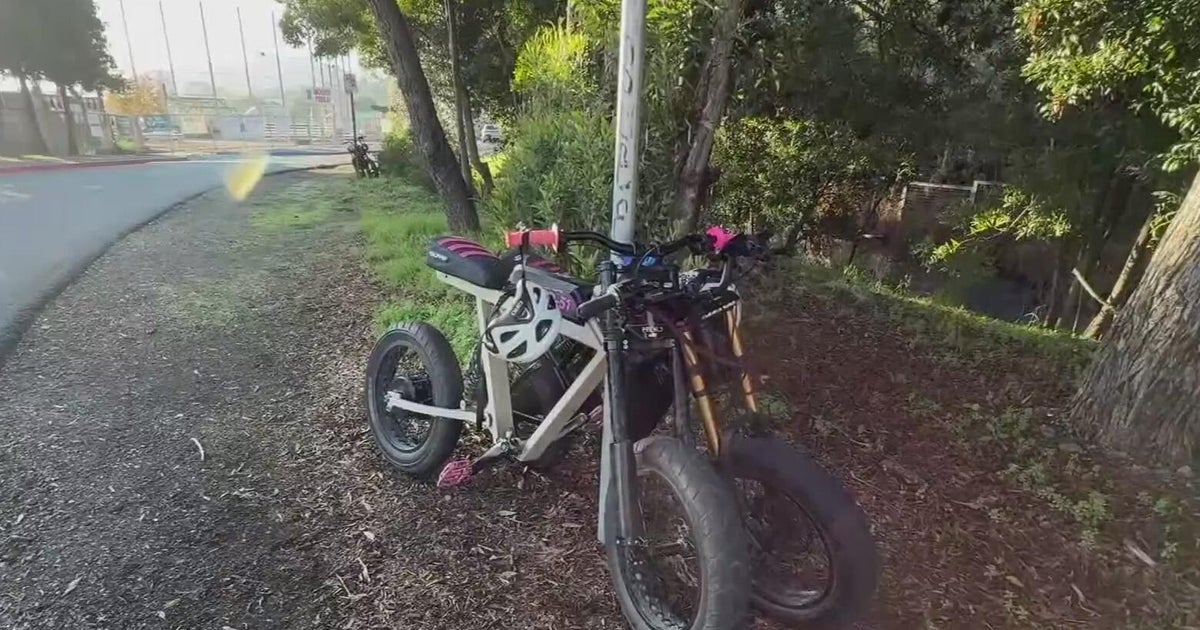Cardin Urges Careful Lawn Fertilizer Use
BALTIMORE (AP) -- The park where Sen. Ben Cardin and environmentalists gathered Monday to report on lawn fertilizer's harmful effects on the Chesapeake Bay made the point for them: the lawn includes a grassy patch on a pier jutting over the harbor where any excess fertilizer threatens to run into the harbor and help fuel oxygen-robbing algae growing in the water.
Cardin joined Environment Maryland on Monday as it released a study on the impact of lawn fertilizers that run into the contaminated waterway. The study comes as lawmakers in Annapolis are considering new regulations for lawn fertilizer that would require changes in ingredients and its application.
Cardin urged homeowners "to be part of the solution" this spring when they fertilize their lawns, urging them to be mindful that those and other chemicals can cause lasting damage to the fragile watershed. Lawns are being eyed in bay cleanup efforts because grass covers more acres in the bay watershed than any other crop. And fertilizers that help lawns grow are blamed for harming water quality when they spill into the bay.
Cardin also used Monday's event to speak out against efforts in Congress to limit funding for the Environmental Protection Agency's pollution diet to restore the bay through riders on funding legislation.
The Maryland senator said he didn't think members of Congress who supported those efforts understand the impact it will have on funding for a number of programs that benefit the bay.
"It's not in the interests of any of the interest of the Chesapeake Bay for that rider to stay in," Cardin said.
The senator noted later in his address that efforts to restore the bay will help not only the environment, but also the economy because of the many jobs it provides in sectors ranging from seafood to tourism.
Megan Cronin, a policy associate for Environment Maryland, said one of the simplest things homeowners can do is test the soil in their yard to see if fertilizer is needed.
"So, that's a really easy way, it would save them a lot of money and effort," Cronin said.
Vincent Gardina, director of the Baltimore County Department of Environmental Protection and Sustainability, said soils in Maryland often are sandy, rocky or have a lot of clay, all of which make lawns difficult to keep healthy. Gardina said improving the soil by adding organic matter can help reduce the need for fertilizer.
Homeowners also can choose native plants that are better suited to the soil, and use mulch or gravel instead of lawns.
Mark Schlossberg, the president of ProLawnPlus, a Baltimore lawn care company, turned out to hear Cardin speak.
Schlossberg said he supported the bills in Annapolis. However, he said did not agree with those recommending homeowners look for lawn alternatives. Schlossberg said improper application of fertilizer can lead to runoff, but grass is often used as buffer strip on the edges of fields to prevent runoff.
"My main message is that properly applied fertilizer does not run off," Schlossberg said, adding "you don't want to over apply it, that's the message."
(Copyright 2011 by The Associated Press. All Rights Reserved.)







